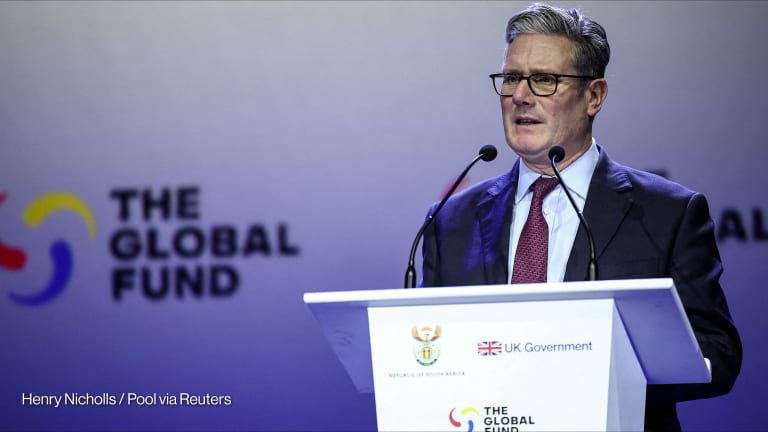As part of a wider crackdown on the administration’s critics, the Indian government is targeting foreign-funded nongovernmental organization’s financial lifeline.
That’s according to members of NGOs and civil society groups in India, some of which have started to tone down their campaigns or pull out from sectors deemed risky for their business.
“They’ve not only frozen the accounts of our trusts … but also our personal accounts,” said Javad Anand, a prominent critic of India’s Prime Minister Narendra Modi and co-owner of beleaguered local NGOs Sabrang Trust and Citizens for Justice and Peace.
Printing articles to share with others is a breach of our terms and conditions and copyright policy. Please use the sharing options on the left side of the article. Devex Pro members may share up to 10 articles per month using the Pro share tool ( ).








